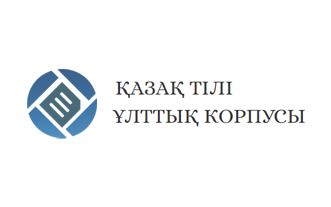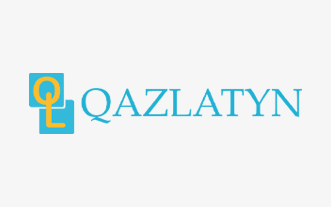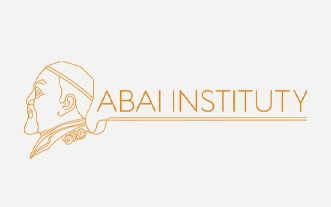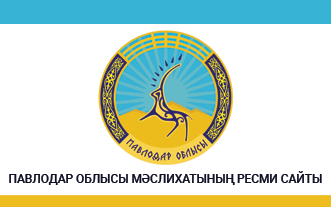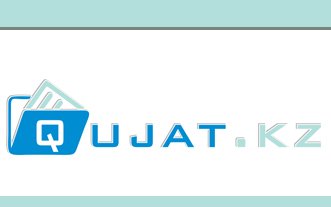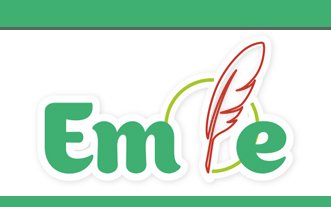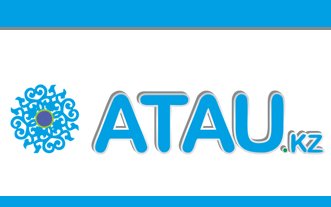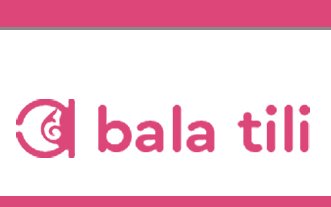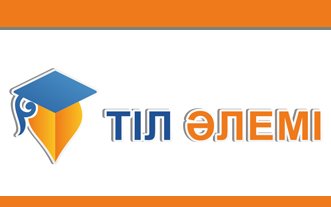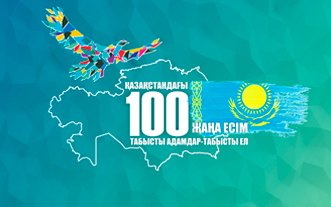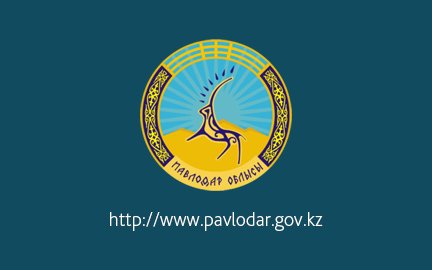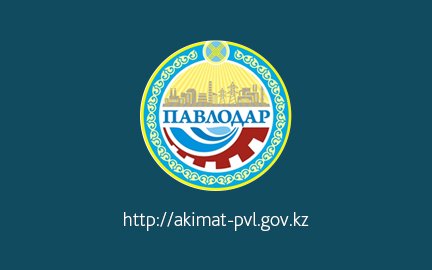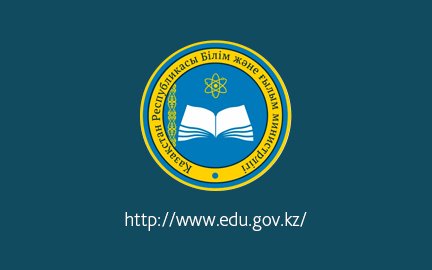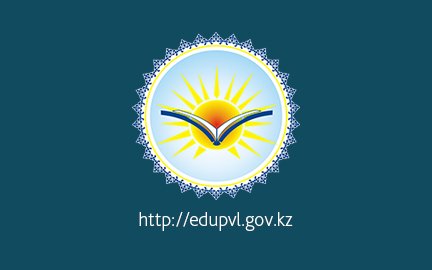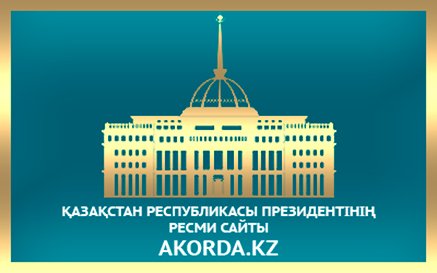Open views
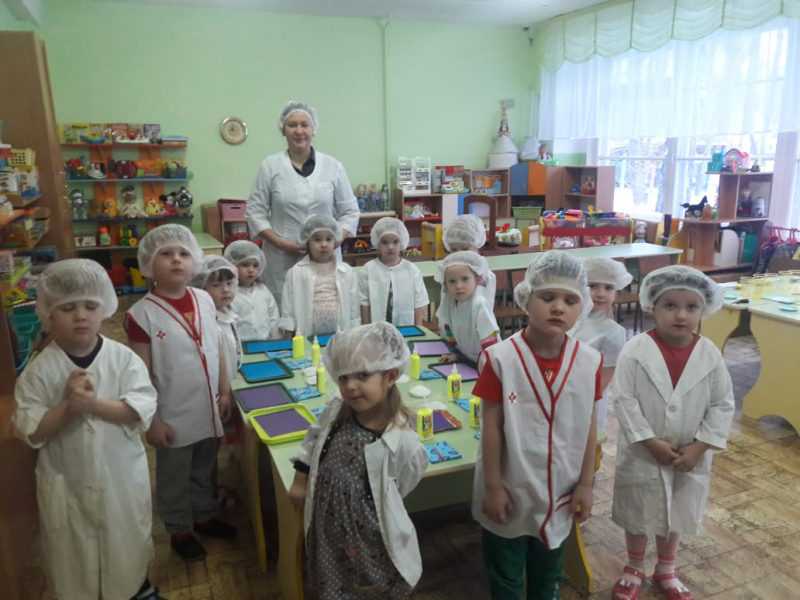
These are all experiments –
Interesting moments!
All, all, all want to know!
You need to draw everything!
How did our experience turn out,
How long did it last?
We are surprised at everything:
How? What for? And why?
As part of the annual work plan for the 2019-2020 school year, our kindergarten held open views. Teachers showed open classes on experimental research activities.
Educators, Barbu E. A., Bireva I. S., Mikhaileva S. N., Onbayeva a.m., Kargasekova G. K., shishlova Y. V., fixed the ability of children to conduct experiments with water, introduced the properties of water, snow, ice, sand.Many interesting things the children learned about the properties of salt, conducted interesting experiments "Cowardly pepper", "Why tangerine does not sink". The children also got acquainted with the properties of light and light rays.
Average gr. "A" - "Is"thirimanda, Pavlodar sabay.
Masati: Is mashl, istay tabiғat bellistri blenderm natalau.



Average gr. "B" - theme " Property of water»
Goal: to develop cognitive activity in the process of experimentation; to expand knowledge about water.





Senior gr " A " - " Fascinating spits with light»
Goal: to expand children's knowledge of the world around them.
Senior gr. "B" - "Sorceress"»
Purpose: to Investigate the state of salt and its properties through cognitive activity.
Before.SHK.gr. "A" - " soon we will go To school-what will we study there»
Goal: to teach preschoolers to develop the ability to draw conclusions from research results and clearly Express their thoughts.
Before.SHK. "In" - " Soon we will go to school-what will we study there»
Goal: to teach preschoolers to develop the ability to draw conclusions from research results and clearly Express their thoughts.
Teachers, in their activities, developed cognitive activity, curiosity, the desire to research and experiment with objects, materials, and natural objects. Pre-school children learned to look for answers to questions, make guesses and assumptions in the course of exciting experiments.
Organized educational activities allowed children to get information about the studied objects themselves, and teachers to make the learning process more effective and satisfying the natural curiosity of children.










